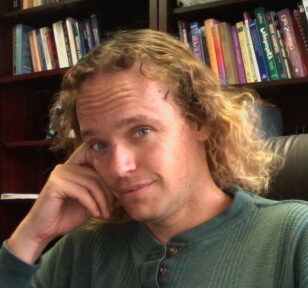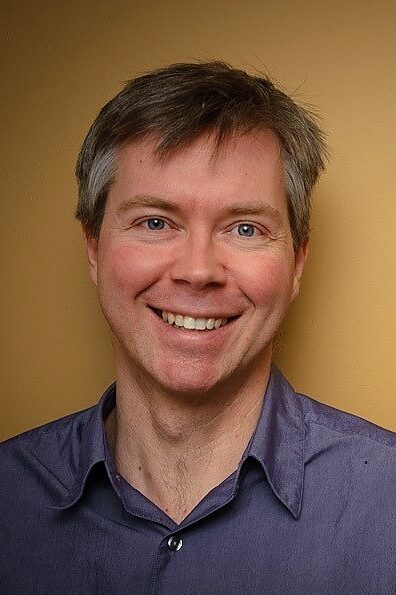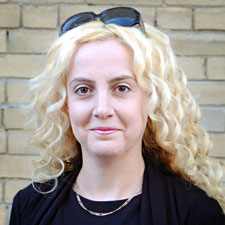Scott Knight: Rethinking cyberattacks: New strategies to counter the mounting costs to business and threats to Canada’s security | Repenser les cyberattaques : nouvelles stratégies pour réduire les coûts grandissants des entreprises et contrer les menaces pour la sécurité du Canada
Scott Knight, Royal Military College of Canada Thursday, March 10, 2016 Although cyber security regularly makes news headlines, the resulting discussions often fail to make crucial distinctions between cyber-crime, cyber-espionage and cyber-attack. This presentation will focus on the technology and methods used in cyber-attacks. Although these attacks happen in the virtual setting of computer networks, […]




